Seminars & Workshops
Seminars & Workshops
Justin Solace,
Certified Massage
Therapist & Educator
After over a decade of study and teaching, Justin has realized that many massage workshops teaching therapeutic techniques are not easily integrated into practice. The goals of his seminars are to teach clinical reasoning and technique in a way that all therapists can begin using in their practice the next day.
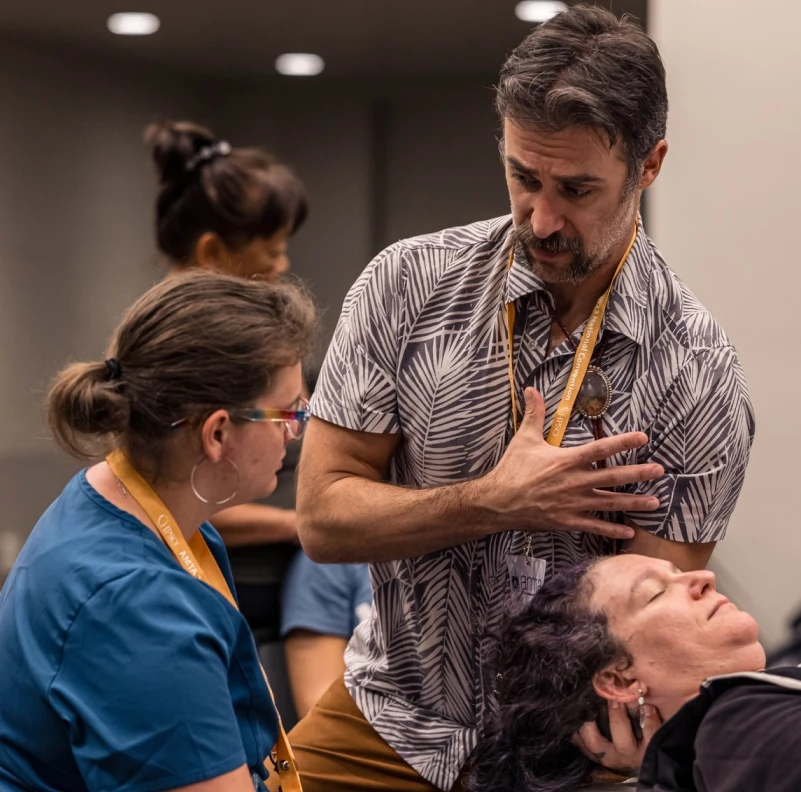
Massage Therapist
Corrective Exercise Specialist
Orthopedic Massage therapist
Therapeutic Pain Specialist
Explore Our Workshops
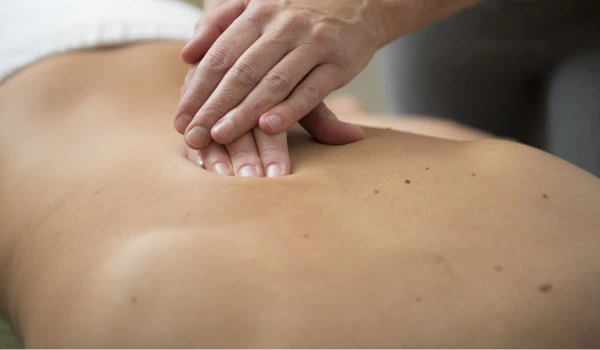
Balancing the Base of Support
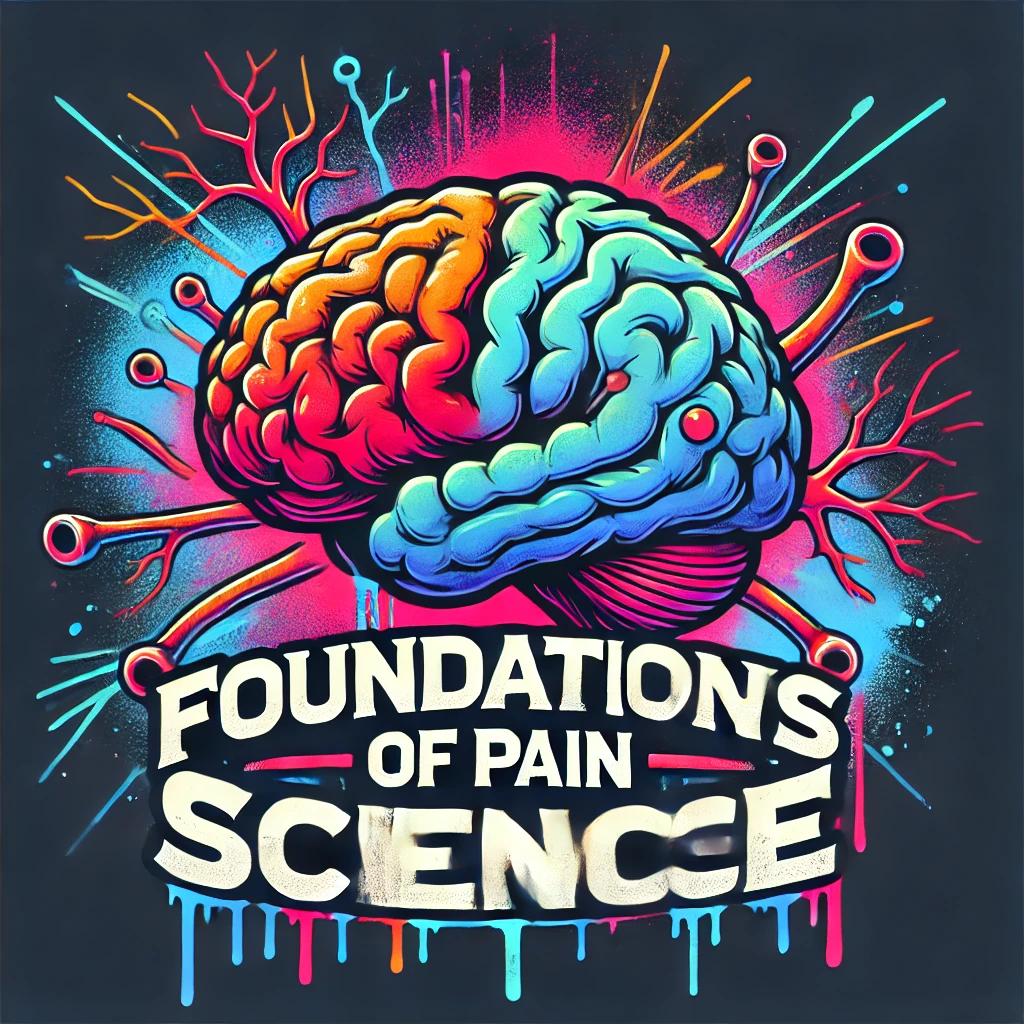
Foundations of Pain Science for the Massage Therapist
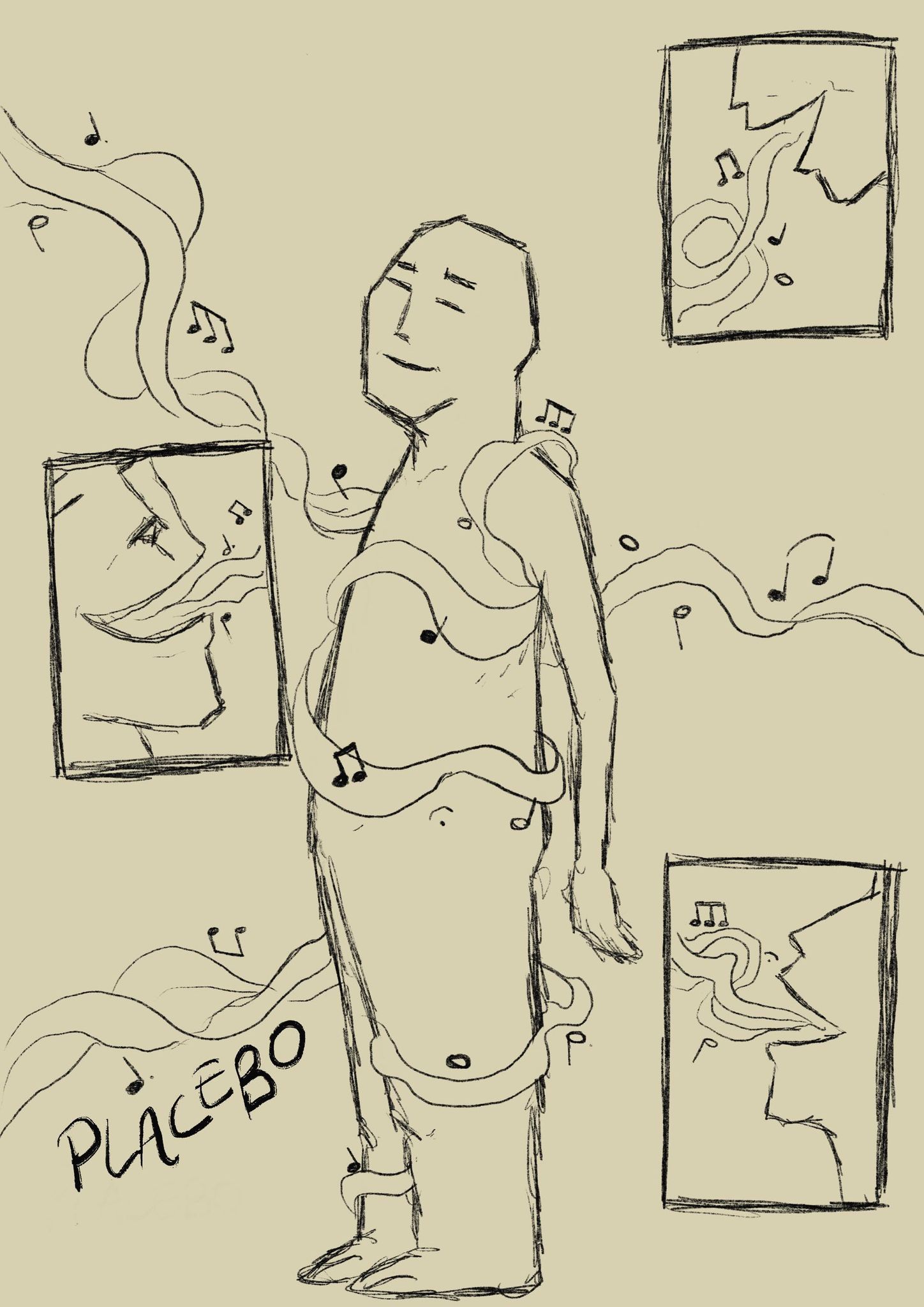
Empowered Communication: Evidence Based Ethical Interaction
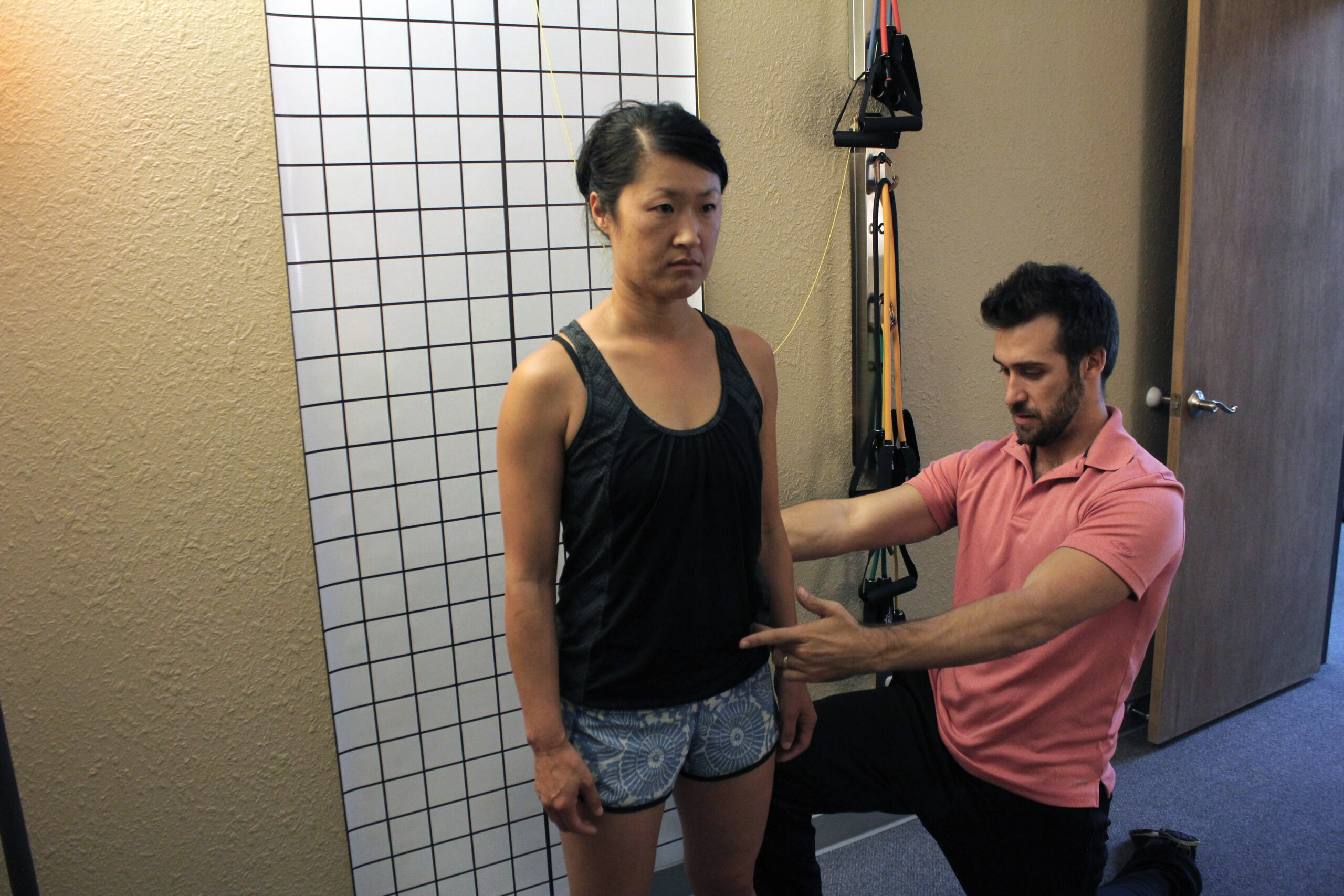
Clinical Evaluation of the Body
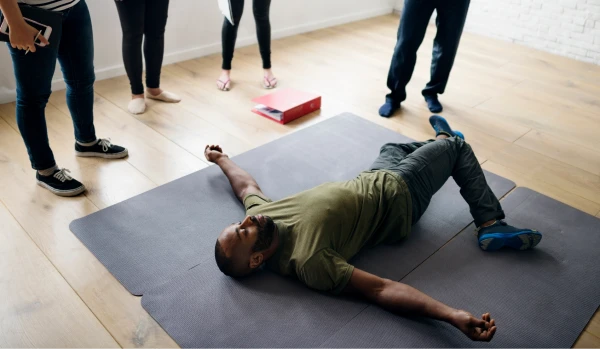
From Pain to Performance: Facilitating Return to Activity
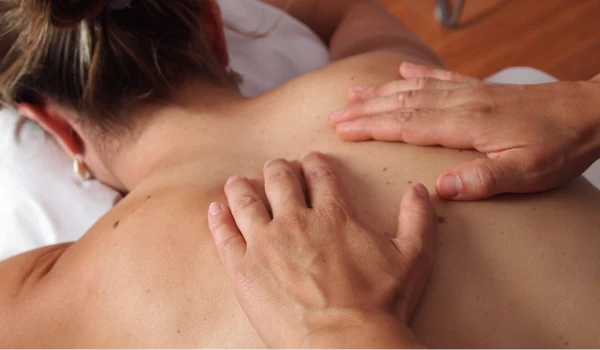
Clinical Massage for the Upper Body
This 2 hour workshop reviews the variables that accompany working with a client struggling with upper body pain and injury. Students will learn an evidence informed approach to help clients resolve their issues and get back to full function.
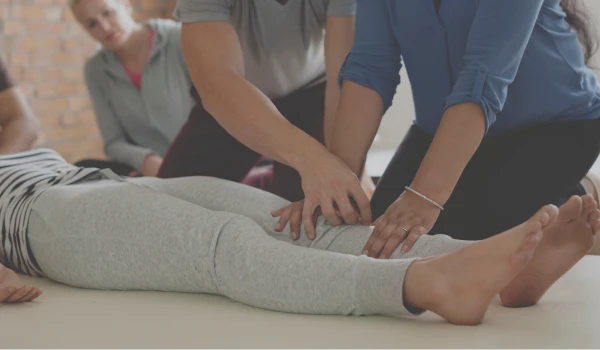
Clinical Massage for the Lower Body
This 2 hour workshop reviews the variables that accompany working with a client struggling with lower body pain and injury. Students will learn an evidence informed approach to help clients resolve their issues and get back to full function.
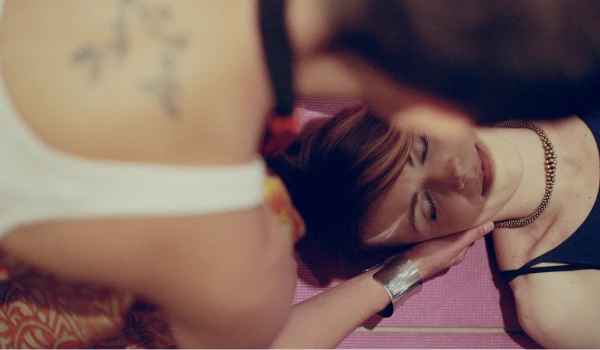
Clinical Massage for Headaches
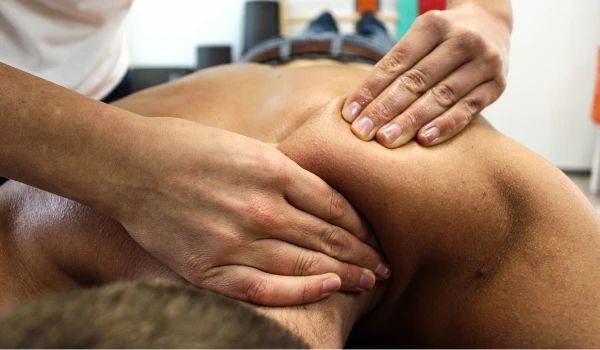
Introduction to Shoulder Dysfunction
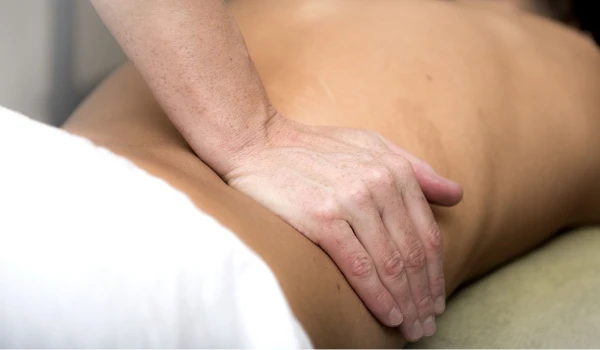
Introduction to Low-Back Pain

Introduction to Foot & Ankle Dysfunction
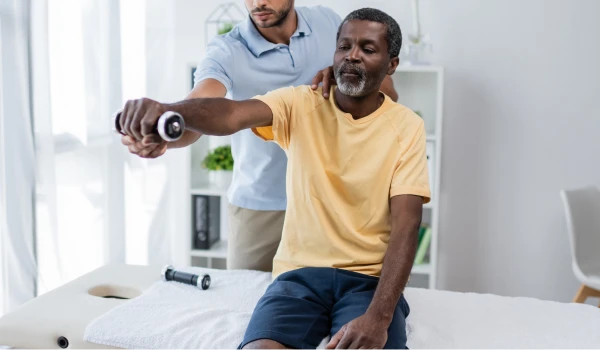
Introduction to Sports Massage
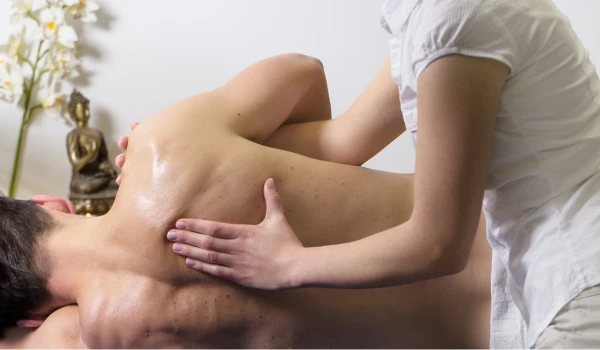
Scapulothoracic Balancing
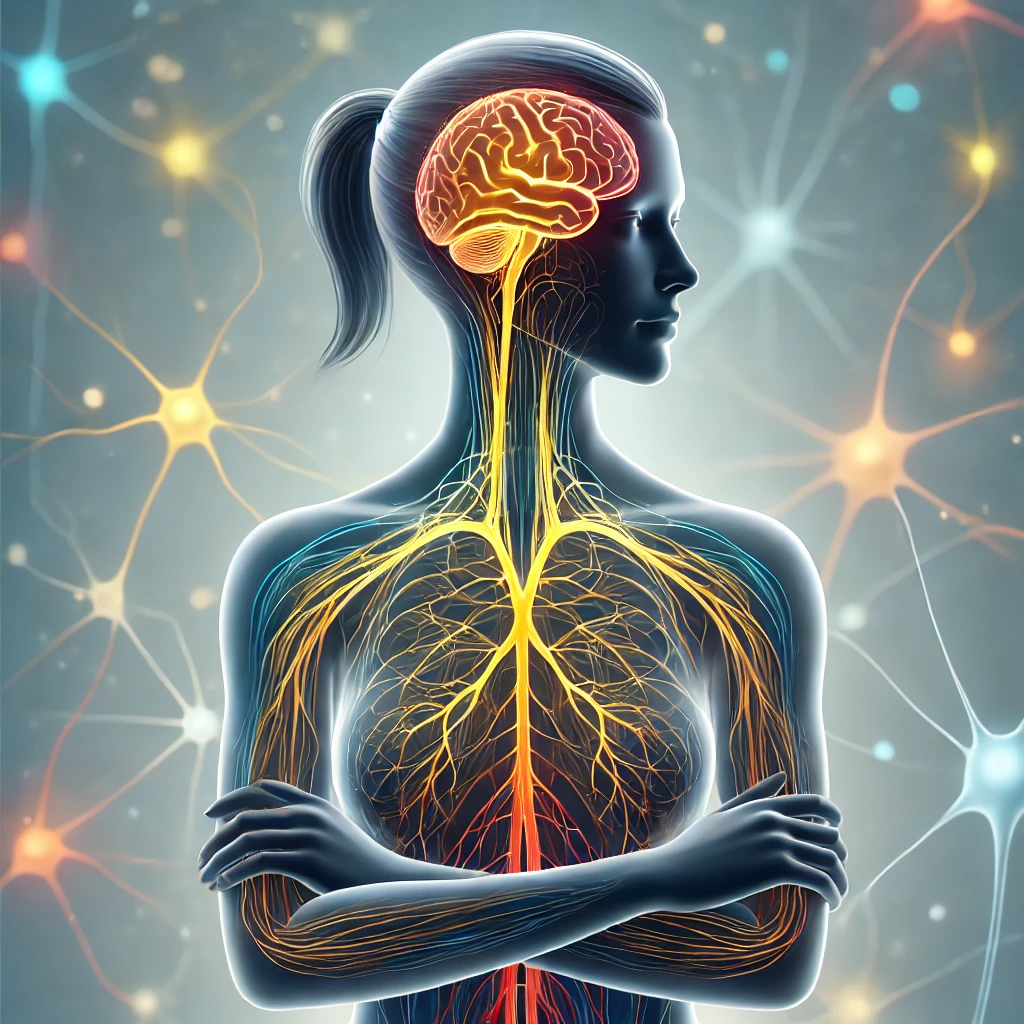
Nerve Navigator
This comprehensive course is designed for healthcare professionals seeking to deepen their understanding and enhance their skills in managing peripheral neuropathy through specialized assessment and massage therapy techniques. Participants will learn to conduct detailed patient assessments, including reviews of medical history, physical examinations focused on sensory and motor functions, and reflex testing.
Upcoming Workshops
Upcoming Workshops
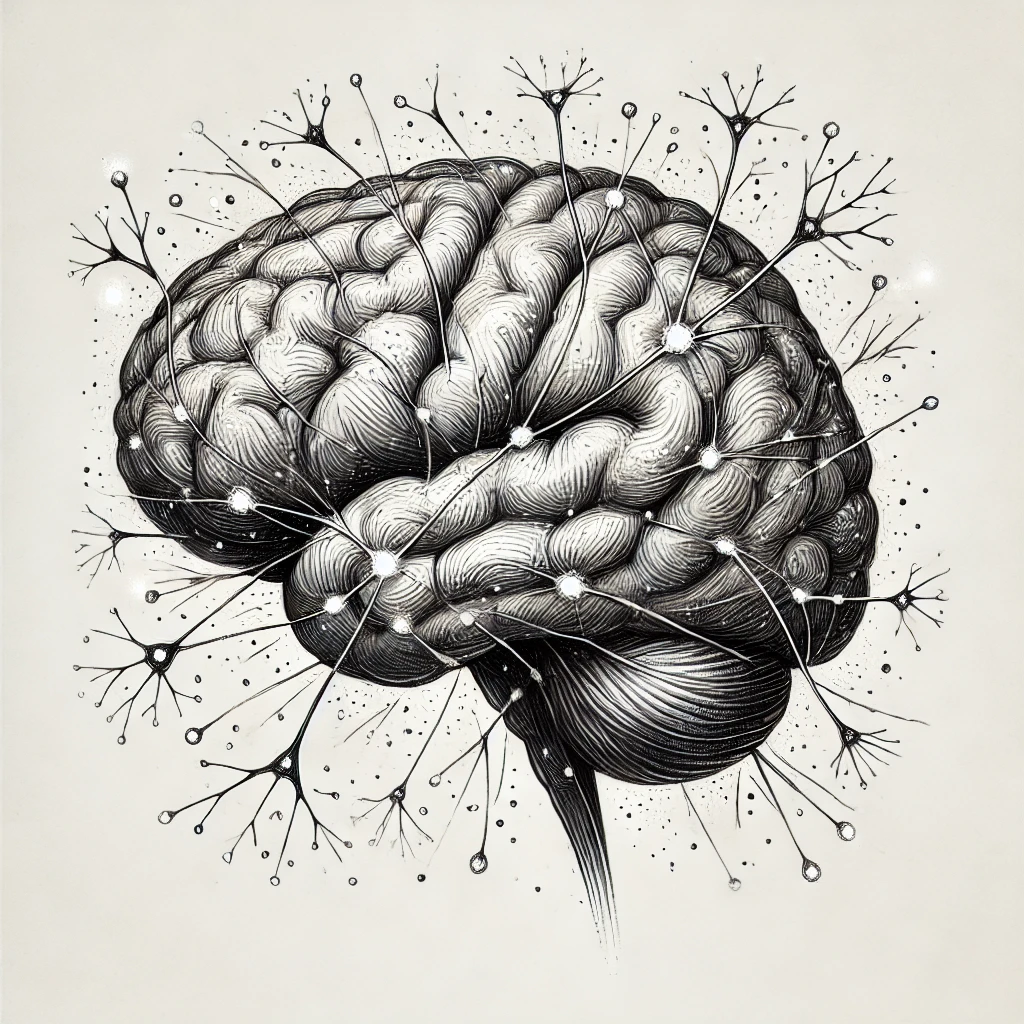
2/17/25: Foundations of Pain Science (Live Online)
Pain relief is the top reason people are seeking out massage these days. It is essential to have a foundational understanding of physiology of pain, common mechanisms of pain, and strategies for achieving the best outcomes. This class is primarily lecture and discussion based

4/08/25: Clinical Assessment (AMTA North Carolina)
We only get so much time with the clients we serve. Ensuring we are getting all necessary information to provide the best interventions is essential. This class teaches students various forms of evaluation to both identify any red flags requiring a referral, as well provide the most successful interventions and provide the highest quality care. This class is a mix of lecture, small groups and hands on.

4/09/25: Clinical Masage for the Upper Body (AMTA North Carolina)
Helping clients of pain and getting back to activity can be very challenging. This 8 hour workshop reviews the variables that accompany working with a client struggling with pain and injury. Students will learn an evidence informed approach to help clients resolve their issues and get back to full function.

7/31/25: Nerve Navigator – Upper Body (World Massage Festival)
This comprehensive course is designed for healthcare professionals seeking to deepen their understanding and enhance their skills in managing peripheral neuropathy through specialized assessment and massage therapy techniques. Participants will learn to conduct detailed patient assessments, including reviews of medical history, physical examinations focused on sensory and motor functions, and reflex testing. The course will cover a range of massage therapy techniques tailored for neuropathic patients, such as light touch massage for sensitive areas, deep tissue manipulation for muscle tightness, myofascial release, and neuromuscular techniques, all adapted to meet the specific needs of neuropathy sufferers. Safety considerations, including contraindications and technique modifications, will be emphasized to ensure effective and safe practice. Practical application will be a core component, with hands-on practice sessions, case study analyses, and opportunities to incorporate patient feedback. Participants will leave the course equipped with both theoretical knowledge and practical skills to improve treatment outcomes for patients with peripheral neuropathy. This training will empower healthcare providers to deliver targeted, compassionate care, enhancing patient quality of life.
testimonials
What They’re Saying

